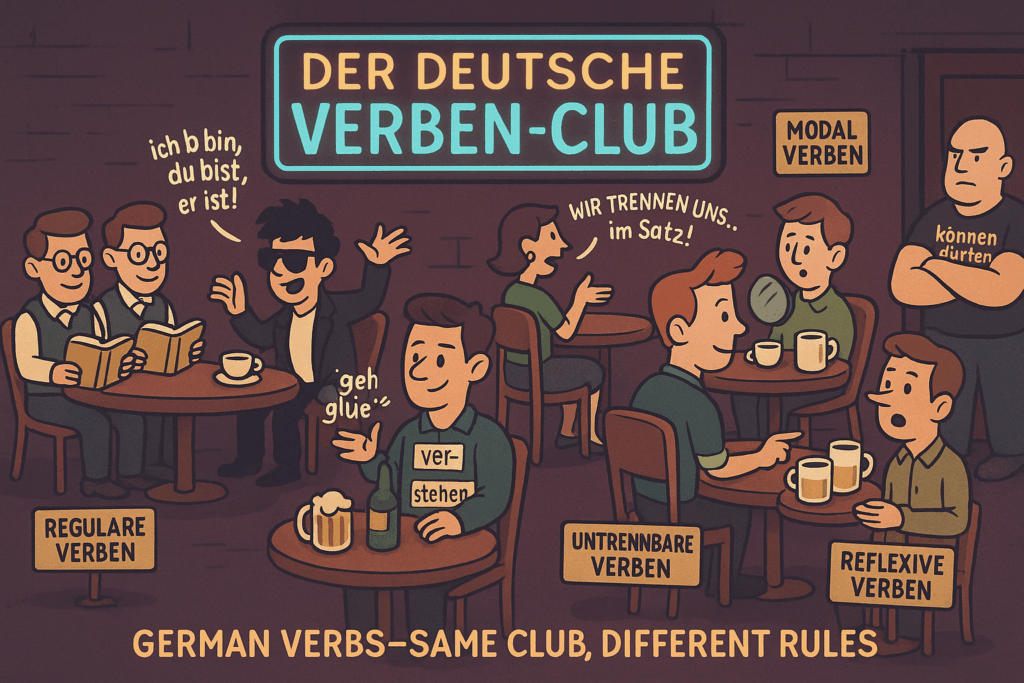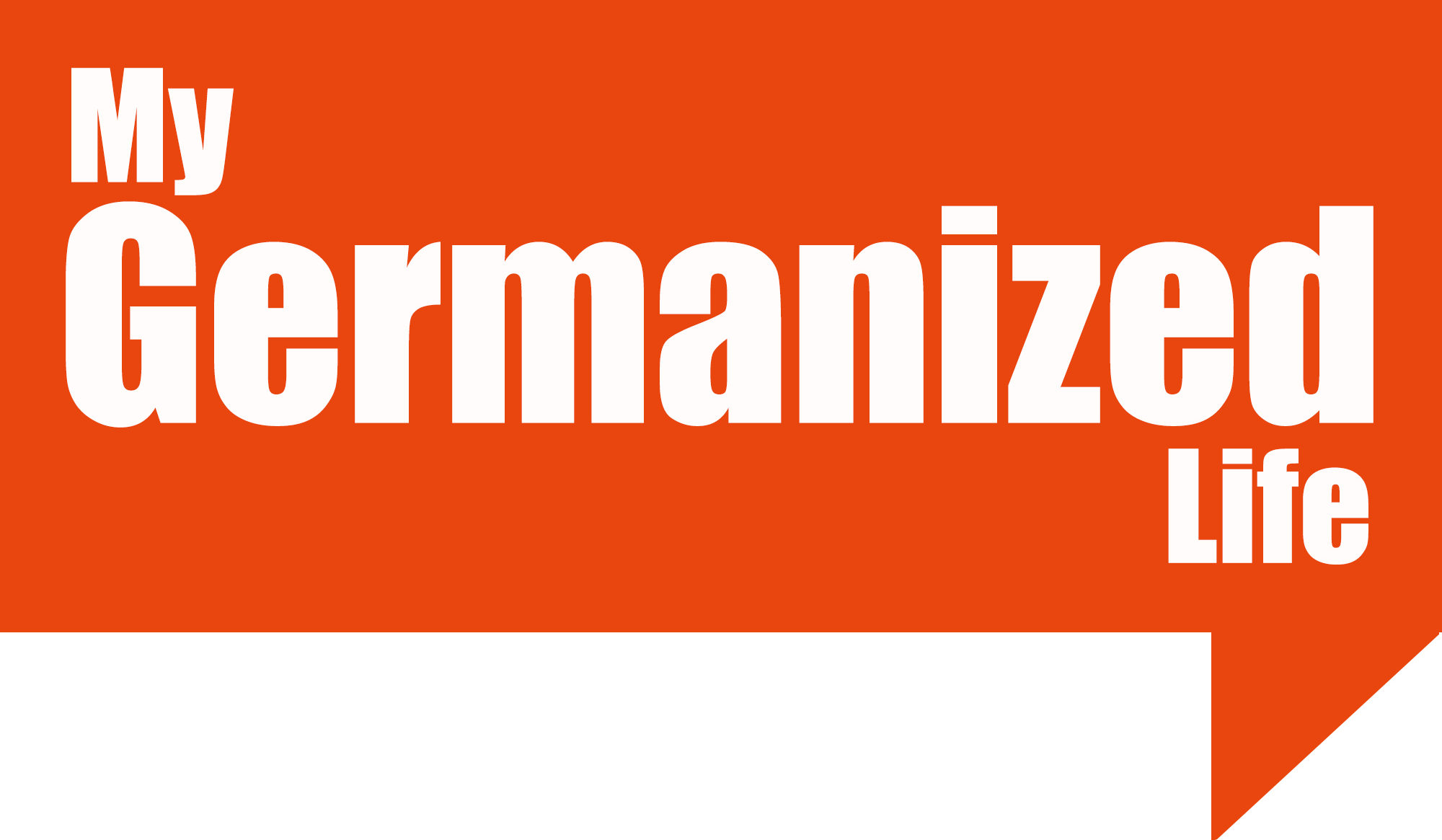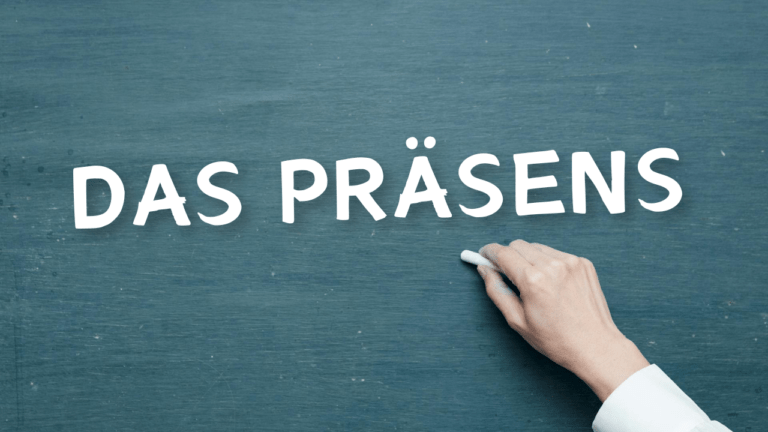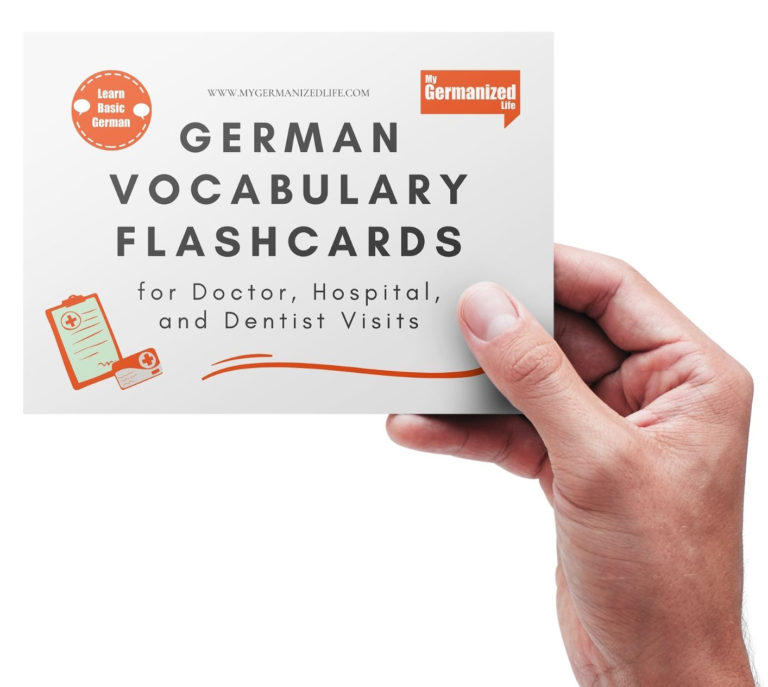
Whether you’re just starting out or polishing your fluency, learning German verbs is key to speaking with confidence. This page is your one-stop guide to German verb types—from the simple to the sneaky. Explore the categories below to dive into regular verbs, irregular troublemakers, and those tricky separable prefixes.
1. Regular German Verbs
Predictable. Reliable. The bread and butter of German grammar.
Regular verbs (or schwache Verben) follow a clear pattern—add a standard ending and you’re good to go. No stem changes, no surprises.
📌 What You’ll Learn:
- The regular verb conjugation pattern (with chart)
- Present, past, and future tense rules
- Most common regular verbs you’ll actually use
👉 Read: How to Conjugate Regular German Verbs
2. Irregular German Verbs
These verbs break the rules—and demand your attention.
Irregular verbs (starke Verben) don’t follow the same patterns. They change vowels, shift stems, and love to mess with expectations.
📌 Inside This Section:
- Why sein, haben, and werden are your new best frenemies
- Vowel change patterns: a→u, e→a, ie→o, and more
- Lists of high-frequency irregular verbs grouped by pattern
- Visual aids + practice sentences
👉 Read: Irregular German Verbs and How to Use Them
👉 Read: Irregular German Verbs: The Easiest Hack to Learn Them
3. Separable Prefix Verbs
The verbs that walk away—literally.
German separable prefix verbs (trennbare Verben) split in half when used in sentences. The prefix often wanders to the end, making them look like two unrelated words.
📌 What You’ll Discover:
- Top separable prefixes and their meanings
- How to conjugate in different tenses
- A list of the most common separable verbs with example sentences
- Cartoons and infographics to help you visualize how they break apart
👉 Read: German Separable Verbs Made Simple: A Beginner’s Guide
4. Modal Verbs (Modalverben)
These verbs modify the meaning of the main verb, usually expressing ability, permission, necessity, or desire.
Common modal verbs in German:
- können (can)
- müssen (must)
- dürfen (may)
- wollen (want)
- sollen (should)
- mögen (like)
👉 Ich kann gut schwimmen. (I can swim well.)
5. Reflexive Verbs (reflexive Verben)
- Verbs used with a reflexive pronoun like sich.
- Used when the subject is also the object.
- Examples:
- sich freuen – to be happy
- sich waschen – to wash (oneself)
👉Ich freue mich auf das Wochenende. (I’m looking forward to the weekend.)
6. Auxiliary Verbs (Hilfsverben)
- Verbs used to help form different tenses, especially the perfect and future tenses.
- There are three key ones:
- haben – to have
- sein – to be
- werden – to become / to form future tense
👉 Ich habe gegessen. (I have eaten.)
👉 Ich werde lernen. (I will study.)






